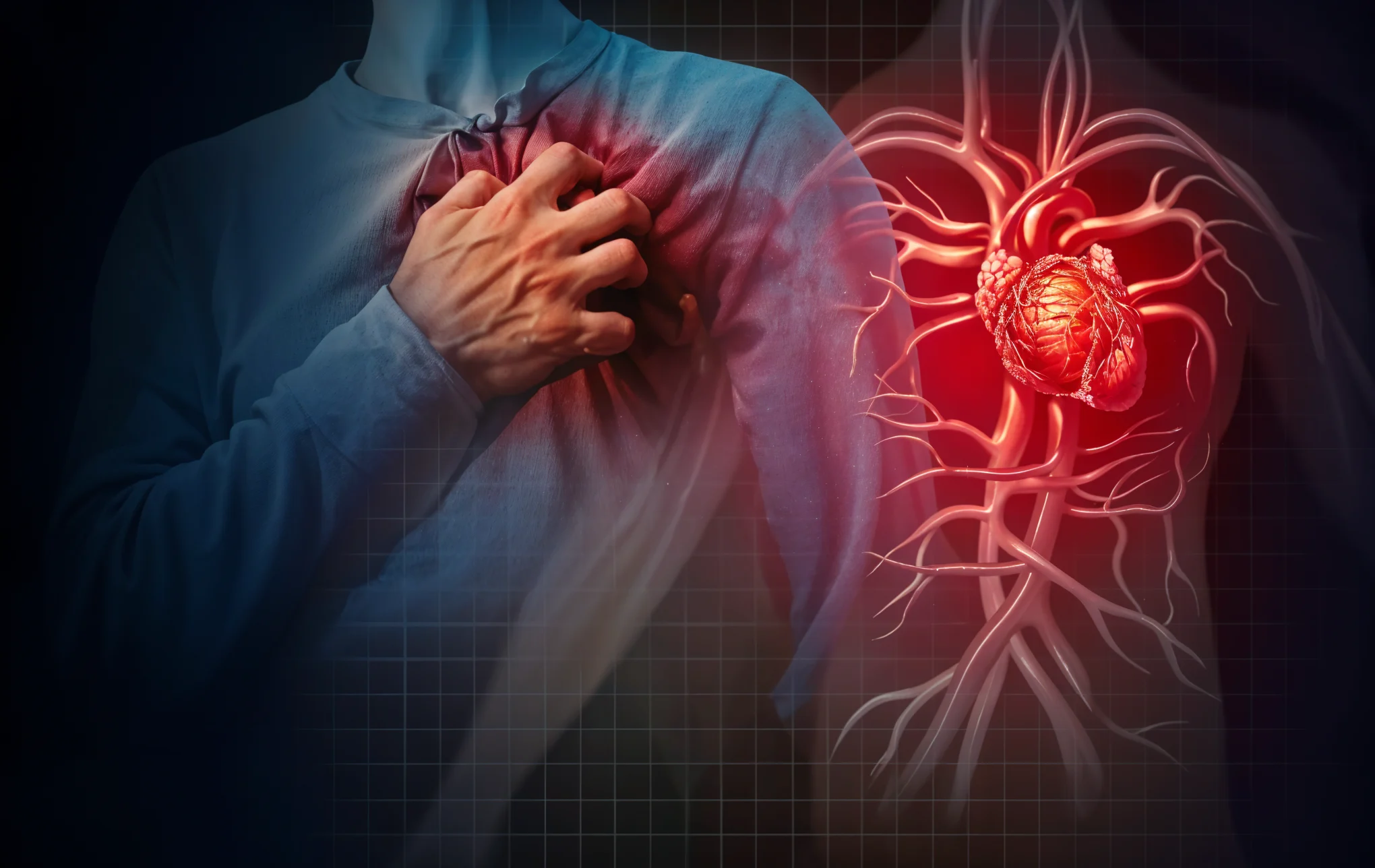Ever Wonder Why Heart Attacks Often Lead to Death?
One in five deaths in the United States is due to some form of cardiovascular disease the biggest killer of both men and women. Furthermore, heart attacks and strokes account for more than 80% of cardiovascular fatalities, according to the World Health Organization (WHO), with a third of these deaths occurring in individuals who are 70 years or younger, far before their time. Among the most effective ways to avoid an unexpected and potentially fatal heart attack is to be aware of the indicators, especially the more subtle ones. Read on to learn what happens to blood pressure during heart failure and how to recognize whether you may have a heart condition.
Americans Have Greater Risks of Heart Attacks
Do you know how people get heart disease? One estimate puts the probability of having a heart attack at about 50% for all Americans. This is because high cholesterol, high blood pressure, and smoking are the three main risk factors for cardiovascular disease, with at least 50% of all Americans having at least one of them. Additional risk factors include age, lifestyle choices, underlying medical conditions, and a family history of heart disease.
The Leading Problem
Many people believe they would recognize the signs of a heart attack. Most assume that it’s always accompanied by intense, stabbing chest pain. That’s simply not true. In reality, the discomfort is often vague and frequently dismissed. Although some heart attacks involve severe chest pain, many symptoms are subtle and easy to overlook. So, what is the blood pressure during a heart attack? People often describe a heavy or squeezing sensation in the middle of the chest—often not even calling it “pain.” It can feel like pressure, tightness, or fullness.
Common Symptoms
Several additional heart attack symptoms are also vague and easily ignored, including: cold sweat, indigestion, nausea, belching, heartburn, general malaise, and shortness of breath. These symptoms are especially common in older individuals and older women, who tend to experience heart attacks approximately 10 years later than men. This delay often fuels the myth that women have different symptoms—when in reality, age is often the differentiating factor.
Get Tested
If you are unsure whether you’re having a heart attack, don’t ignore your concerns. Seek immediate medical attention so a healthcare provider can assess your condition. Unfortunately, there’s no easy way to determine if you’re experiencing a heart attack without proper testing. Diagnostic tools such as EKG (electrocardiogram), blood tests, and imaging studies are typically required and these are only available in a medical facility.
If you believe you might be experiencing heart attack symptoms, contact your doctor, go to the emergency room, or call 911 for immediate assistance.
Final Thoughts
If you suspect you’re having a heart attack, don’t wait. Call 911 immediately. Also, take time to talk with your doctor about the early warning signs and symptoms of a heart attack being informed could save your life.









